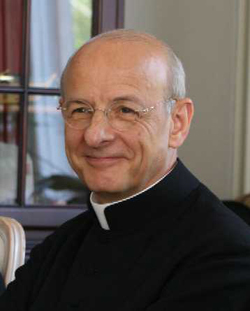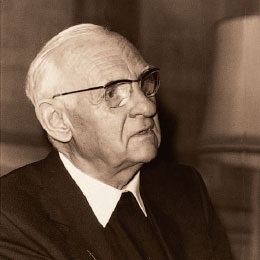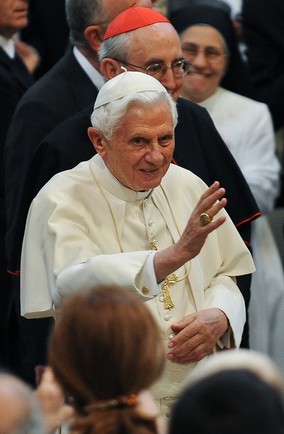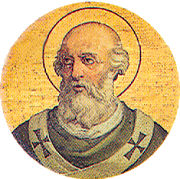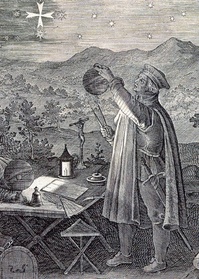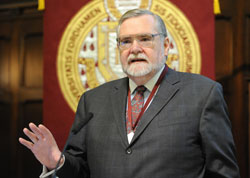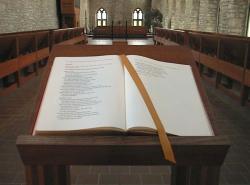Fernando Ocáriz, 67, is the Vicar General of Opus Dei. He’s a trained theologian in area of Dogmatics but he’s also trained in physics. In 1986 he was appointed a consultor to the Congregation for the Doctrine of the Faith and later (1989) made a member of the Pontifical Theological Academy. Msgr. Ocáriz is the author of many books and refereed articles. He’s one of the primary authors of Dominus Iesus. Of late Msgr. Ocáriz has been a theological consultant in the dialogue with the Society of St Pius X.
The following article is published in several languages by L’Osservatore Romano (2 December 2011).
On adhesion to the Second Vatican Council
The forthcoming 50th anniversary of the convocation of the Second Vatican Council (25 December 1961) is a cause for celebration, but also for renewed reflection on the reception and application of the Conciliar Documents.
Over and above the more directly practical aspects of this reception and application, both positive and negative, it seems appropriate also to recall the nature of the intellectual assent that is owed to the teachings of the Council. Although we are dealing here with a well-known doctrine, about which there is an extensive bibliography, it is nevertheless useful to review it in its essential points, given the persistence – also in public opinion – of misunderstandings regarding the continuity of some Conciliar teachings with previous teachings of the Church’s Magisterium.
